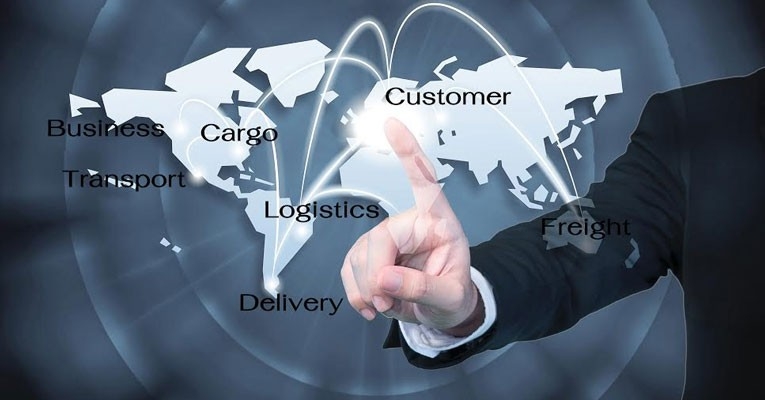Logistics future powered by technology: win-win for clients
Overall, the advent of technology forces is leading to a culture of decision making based on data and not gut-feel.

Overall, the advent of technology forces is leading to a culture of decision making based on data and not gut-feel. The gains in both quality and performance as delivered in a technology-powered logistics value chain is realised by both buyers and providers, writes Ruchi Dogra.
Today, it is not one unique identifiable technology that can create a quantum impact on the logistics industry. Combinations of technologies which are at the tipping point of mass adoption by the industry are the key drivers to the change that is happening from within the logistics industry.
Simple automation, which seemed like a panacea for all logistics related issues, is no longer the natural option. The way automation is impacting the logistics industry and its value chain is evident from the emerging new business models which are disrupting the traditional norms.

The empowered executive
Employees of logistics providers and user companies are much more aware, utilising toolsets and systems that enable them to deliver more. Whether it is performing mundane routine tasks or high-value activity of decision making, automation has enabled create both time and decision support systems to prioritise and focus on ensuring the shipments are not just planned but are delivered in planned parameters.
IoT, AI, Data Analytics
Internet of Things (IoT) has the potential to be the greater disrupter, enhance process & efficiency by offering greater visibility and control of the process in the supply chain system. Optimising the cost, reducing cycle times, transparent and efficient documentation – all these are seen as a minimum basic requirement today. The supply value chain is employing IoT to ensure that all relevant data is generated in a uniform and manageable dashboard format. Decision making support from AI algorithms and modelling is a norm for supporting decision making.
Experience, experience, experience
Integration of all areas of business activity is imperative for small or big enterprise. Smart decision making, efficiency gains, timely execution and transparent pricing models that impact profitability are both demanded and delivered by the logistics industry’s new age providers. It all about enabling businesses who use logistics to plan, operate long-term, re-organise their business models, and market acquisition strategies. All of these leading to improved experiences for shippers, carriers and value-added logistics players in the value chain.
Information flow is faster, cheaper and transparent
All participants want to have information for their own use, in their own format, and at no cost. Is this possible? Yes, and it is being delivered using the advancements of artificial intelligence (AI), machine learning, and implementation of business intelligence systems. Sharing of data in a standardised format and making available decision dashboards that can be easily understood are the norms. This development is enabling movement of information at a fast pace as required by the buyer, shipper and other providers within the logistics supply chain. The underlying systems create a level of transparency which is acceptable to all and improving further day-by-day.
Transformation through digitisation
The moving parts of the logistics are not just the goods that flow within but the data that is created, generated and dynamically changes in during the course of logistics operations. Logistics services intermediaries of the new age are adept at using technology to interpret this dynamic data to provide cost-effective methods of shipment. Modelling and machine learning are aiding suppliers to deliver shipments efficiently and inexpensively to their clients. This transformation is self-propelled and unstoppable. The challenges it poses in terms of data magnitude and security are growing but not a hindrance.
The growth in new age logistic intermediaries armed with technology edge is here to stay and provide an edge to their clients. Whether it is ad-hoc, regular or long-term planned shipments, the ability to provide a quote electronically in a standardised format is enabling the logistics players to capture the opportunity with instant price modelling.
Clients of providers and clients of buyers are both relying upon the technology-enabled transparent and standardised data availability. This is creating a unique business model within the industry enabling spot pricing, efficient logistics routing and above all a satisfying experience for all involved in the value chain.
Ruchi Dogra is the Co-Founder and Director of FreightCrate Technologies Pvt. Ltd, which was founded in 2017. Prior to this, she has successfully worked in various verticals such as hotel logistics and beverages, engineering & manufacturing, retail, and technology at Kuehne & Nagel, DB Schenker, and DHL.



